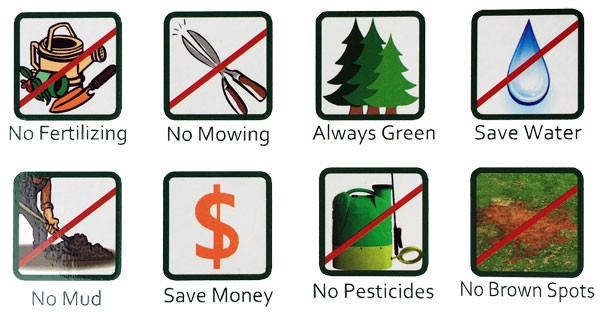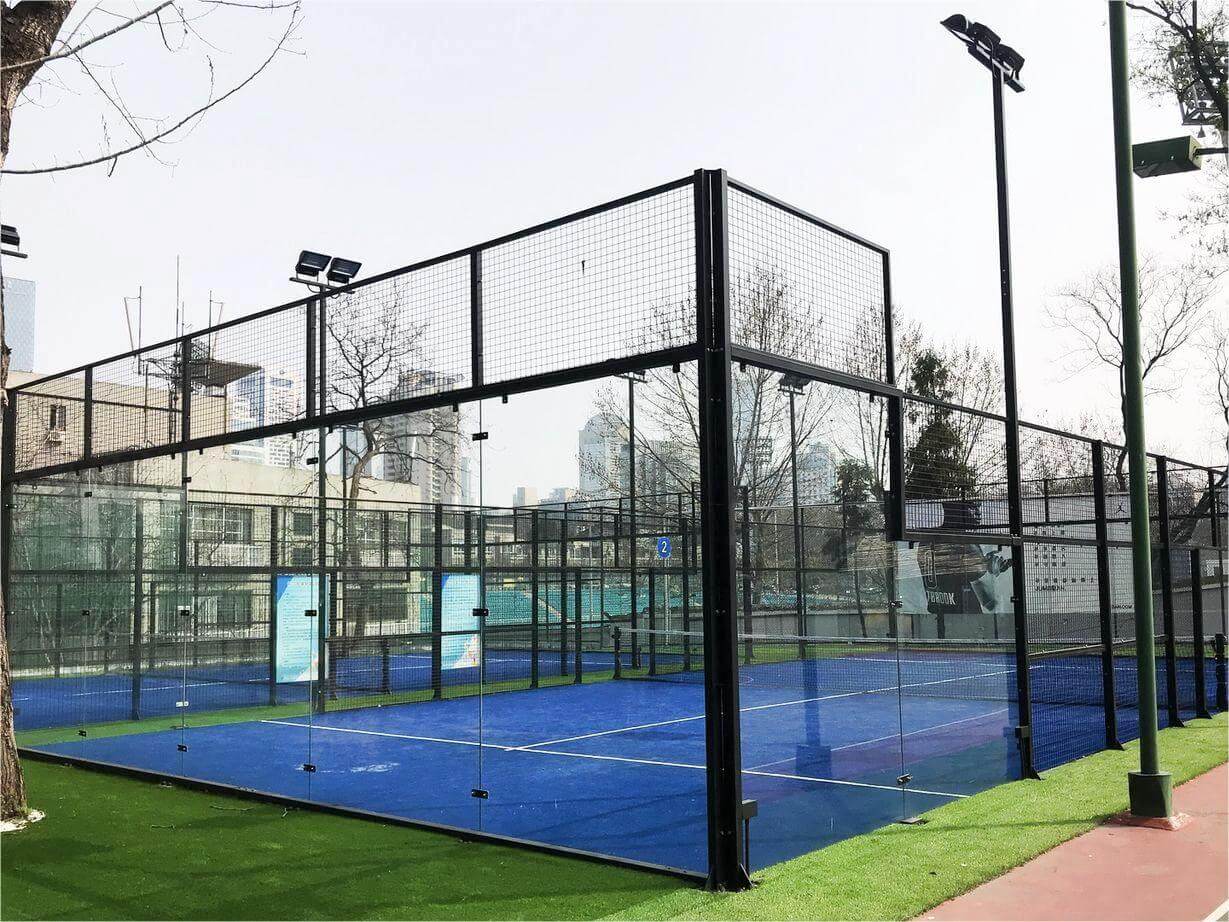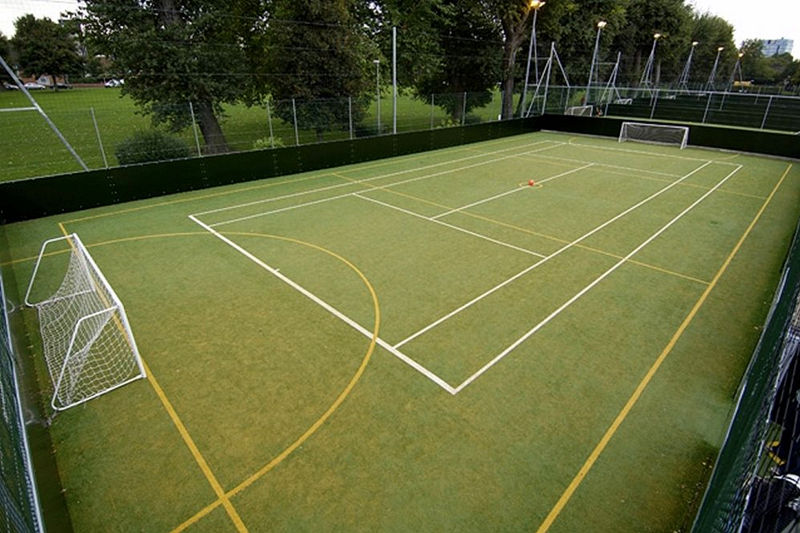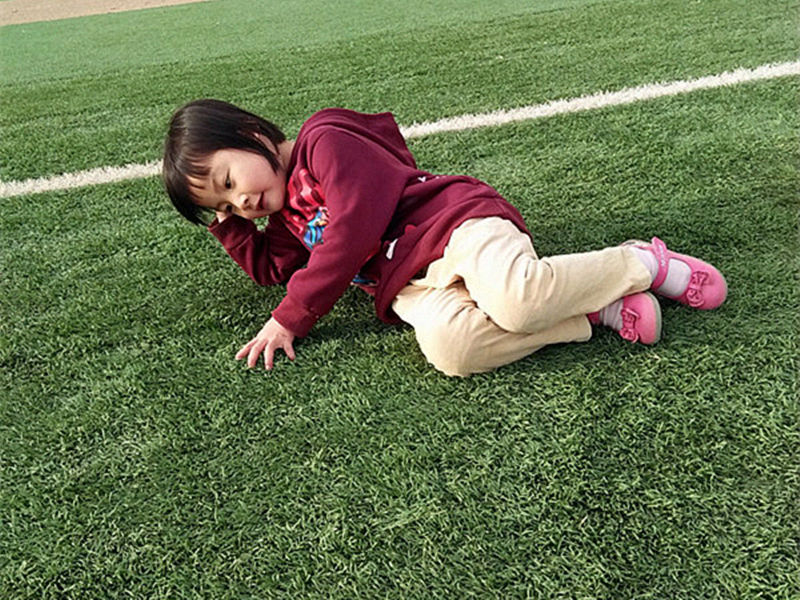Artificial grass, also known as synthetic grass, offers numerous advantages for homeowners seeking an environmentally friendly alternative to natural grass. This article explores the eco-friendly features of artificial turf, highlighting its positive impact on the environment. From water conservation and reduced chemical usage to decreased pollution, artificial grass emerges as a sustainable landscaping solution. Read on to discover why artificial grass is a compelling choice for eco-conscious individuals.
Water Conservation:
One of the fundamental advantages of artificial grass is its water-saving properties. Unlike traditional lawns that require regular watering, artificial grass eliminates the need for excessive irrigation. As a result, artificial lawns significantly contribute to water conservation efforts, making them an eco-friendly choice, particularly in regions facing water scarcity.
Fertilizer-Free Maintenance:
Maintaining a natural grass lawn often involves the use of fertilizers, which can have detrimental effects on the environment. Artificial grass eliminates the necessity for fertilizers, reducing the risk of water contamination caused by runoff. By opting for artificial grass, homeowners can help preserve water quality and protect nearby ecosystems.
Pesticide-Free Environment:
Conventional lawns often require the use of pesticides to combat various plant and lawn issues. However, these chemicals can pose health risks to humans, animals, and the environment. Artificial grass eliminates the need for pesticides, ensuring a safe and healthy environment for your family and pets. With artificial turf, you can enjoy a lush green lawn without compromising the well-being of your loved ones or the ecosystem.
Reduced Pollution:
Traditional lawn maintenance practices contribute to air and noise pollution, with gas-powered lawnmowers being a significant source of emissions. Studies conducted by the Environmental Protection Agency have shown that using a gas-powered lawnmower for just one hour is equivalent to driving a car for a hundred miles in terms of pollution. By switching to artificial grass, homeowners can significantly reduce air pollution, as there is no need for mowing, thereby creating a cleaner and healthier living environment.
High-Quality and Non-Toxic:
Addressing concerns from the past, modern artificial grass products, such as ARTURF artificial grass, are manufactured using high-quality materials that are free of toxic substances like lead. Extensive studies have proven that high-quality artificial grass poses no health risks, providing peace of mind to homeowners. Moreover, research has also concluded that the use of crumb rubber as infill in artificial turf sports fields does not pose a threat to children or adults.
Conclusion:
Artificial grass offers a range of eco-friendly benefits that make it a desirable choice for sustainable landscaping. By installing artificial turf, homeowners can contribute to water conservation, reduce the use of harmful chemicals, minimize pollution, and create a safer environment for their families and pets. With ongoing advancements in technology and materials, artificial grass continues to improve its environmental credentials, making it an excellent option for those seeking an eco-friendly and low-maintenance alternative to natural grass. Embrace the sustainability of artificial grass and enjoy a beautiful and environmentally responsible lawn.





